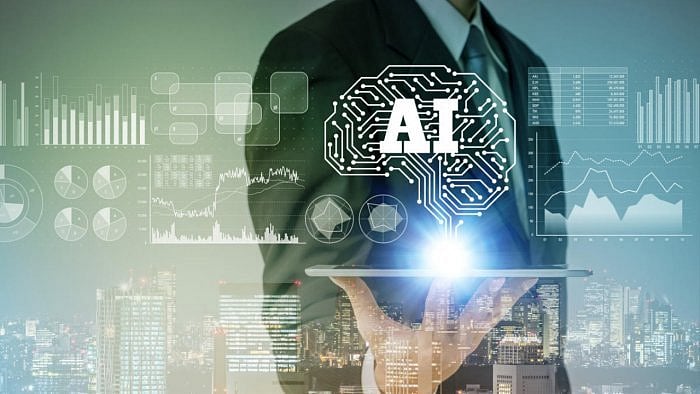
I am an electronics engineer of the 1960s from Madras. I have been asked two questions in my life, both related to my education. One, when I got my degree from the engineering college. My aunt asked, “Can you repair my Radio?” I could give a confident reply, Yes, I can.”
Very recently, I met a group of youngsters, and when I told them that I am an electronics engineer, one of them asked me the second question, “Uncle, what do you think about Artificial Intelligence? How do you think it will affect our lives?” I only had an evasive answer. Suddenly, I realised that I had not been keeping pace with time and technology.
Electronics engineering, an offspring of electrical engineering, gained importance during the late 19th century because of the telegraph and then because of the radio and telephone industries during the early 20th century.
When I joined the DRDO, Ministry of Defence, in the late 1960s, it was considered the best place for learning new technologies. We were largely in an analogue world, and digital technology was still in its infancy. I used to envy my Bengali colleague, who was in charge of the Elliot 903 computer housed in an air-conditioned room. Mr B used to proudly flaunt a pack of “punch cards,” which were the repository of data in
digital form.
Over the next 30 years, the power and speed of technology doubled every 18 months. Can this exponential growth be sustained? It is difficult to predict.
As I worked in areas of radar, electronic warfare, unmanned vehicles, and avionics for nearly 30 years, I thought I could talk to others confidently about technology. But the question by the youngster on AI stumped me.
I realised lots of water has flown under the bridge since 1997, the year I retired (voluntarily). I have only a basic idea of AI, IoT, robots, and blockchain, which are now emerging technologies.
Eager to learn, I used ChatGpt recently to converse about the Bhagavad Gita. It was an amazing experience! I am sure that AI is going to have a great impact on humanity, both in a positive and negative way.
With huge strides in genomics, life expectancy is likely to get longer. AI will help with surveillance and crime prevention. Extended Reality (XR) is going to boost brand engagement by letting customers try before they buy a product.
The negative side of AI includes dangers to consumer privacy, unclear legal regulation, job displacement, and inequality.
Now let me come to the question I was NOT asked: “Do newer Technologies buy one happiness in life?” I will let the reader decide the answer to that.